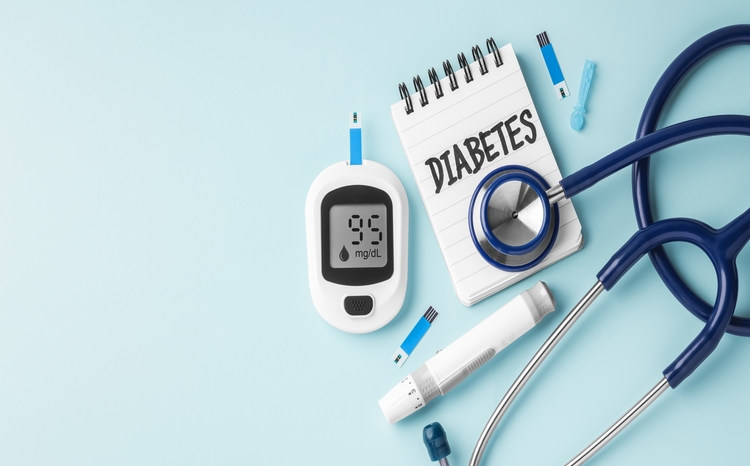CfH aims for 4 million HealthSpace users by 2014
- 24 March 2009
NHS Connecting for Health says it is hoping to sign up 4m patients to its online personal health record HealthSpace by 2014.
The ambitious target is understood to form part of the business case for HealthSpace, for which Treasury funding is being sought. Development plans for the patient portal are still awaiting Treasury approval.
HealthSpace has revealed that its new Communicator tool, which will enable patients to carry out e-mail consultations with GPs and other clinicians, has already been given the go-ahead and is due to be launched at the end of next month.
The latest release of HealthSpace, due to be launched at the end of April, will also contain initial integrated services with NHS Choices.
The long term aim for the portal is to provide patients with a secure way of accessing their transactions with the NHS from anywhere in the world. Patients will be able to view their Summary Care Record, see the results of tests and letters sent about them, make GP appointments and order repeat prescriptions.
CfH hopes 4m users will enrol by March 2014, driven by the roll-out of the Summary Care Record and the way they hope it will be used by clinicians to run shared care record systems with patients with long term conditions.
Dr Gillian Braunold, clinical director for HealthSpace, said the proposed functionality for HealthSpace would particularly appeal to patients with LTCs.
She told EHI primary Care: “There are frequent flyers to the health service who we think are frustrated by their lack of access to 21st century health service IT.”
Patients in some of the early adopter areas are already able to view their Summary care record via the site although only 748 have activated their “advanced account” with HealthSpace. Patients in Salford are also able to view their local diabetes record via the site.
The process for activating an advanced account involves patients presenting three forms of ID confirming their residency and their address, which must be the same as the address held by their GP. They are then issued with a log in card and receive an activation key through the post.
Dr Braunold said CfH was very aware that the current registration process was onerous and hoped to move to an online registration model as part of the government’s online services for citizens.
The Communicator tool will enable email exchanges between clinicians and patients and will first be available in six healthcare settings including a GP practice within Bury PCT, an SCR early adopter, a non-SCR practice plus patients in Salford accessing their local diabetes record, patients in Sheffield using a diabetes care pathway and a London polyclinic.
Dr Braunold said patients using Communicator would not have to go through the same registration process as that used for a HealthSpace advanced account as they would already be known to the clinician inviting them to take part in the scheme.
The invitation to a patient to be Communicator linked is under the control of the clinician and the email addresses of both the clinician and the user remain hidden and communication is managed though web forms in HealthSpace.
Other services which the Department of Health wants to add to HealthSpace include access to letters and test results, access to data sent through telehealth devices and the ability to order repeat prescriptions, make a GP appointment and allow others to access their HealthSpace account.
Plans for the next couple of years include a pilot in Hampshire to give patients online continuous access to their records including results, investigating outcome measures when patients with diabetes have access to results in advance of their appointments plus a pilot in year two of use of HealthSpace in a care home.





